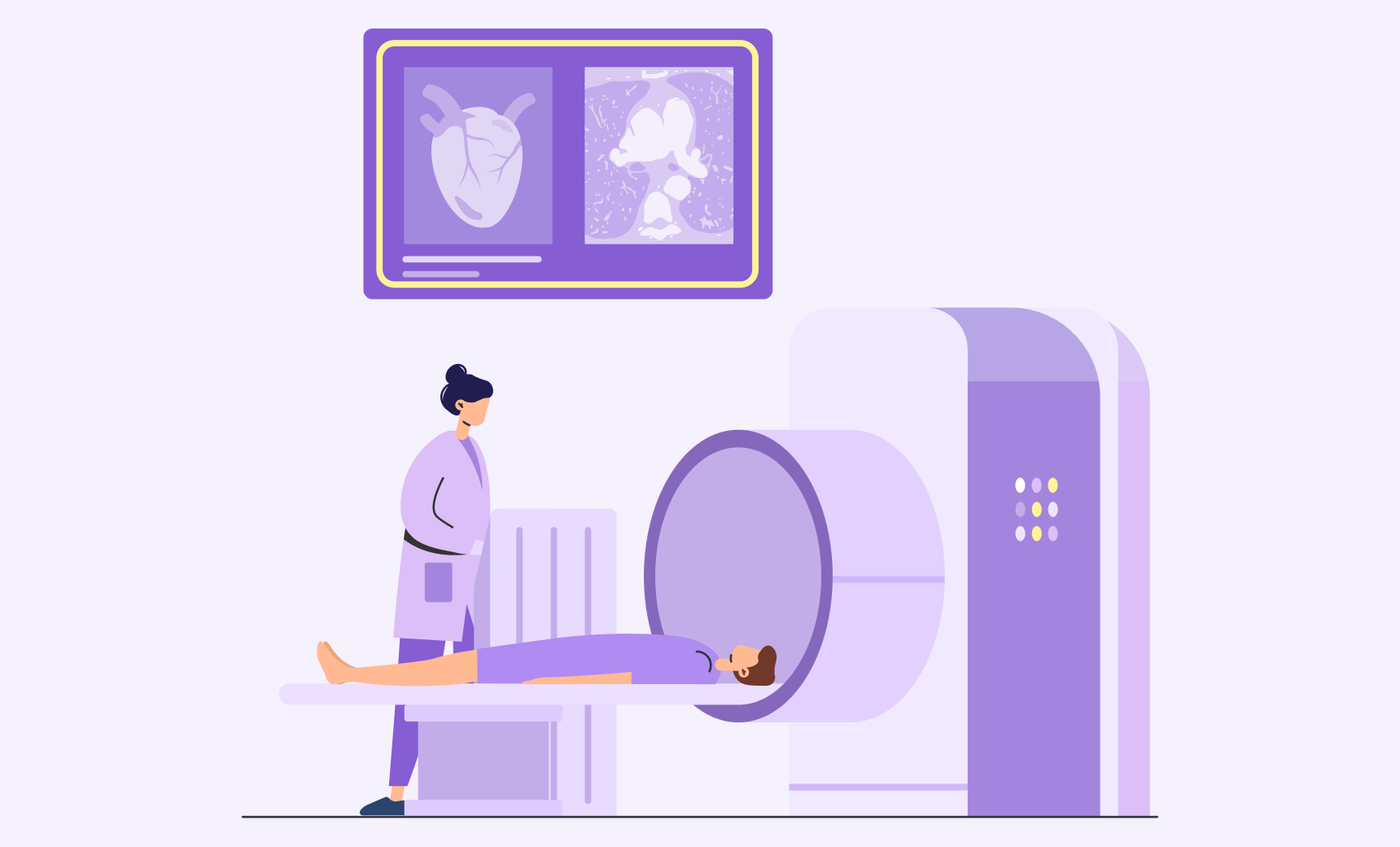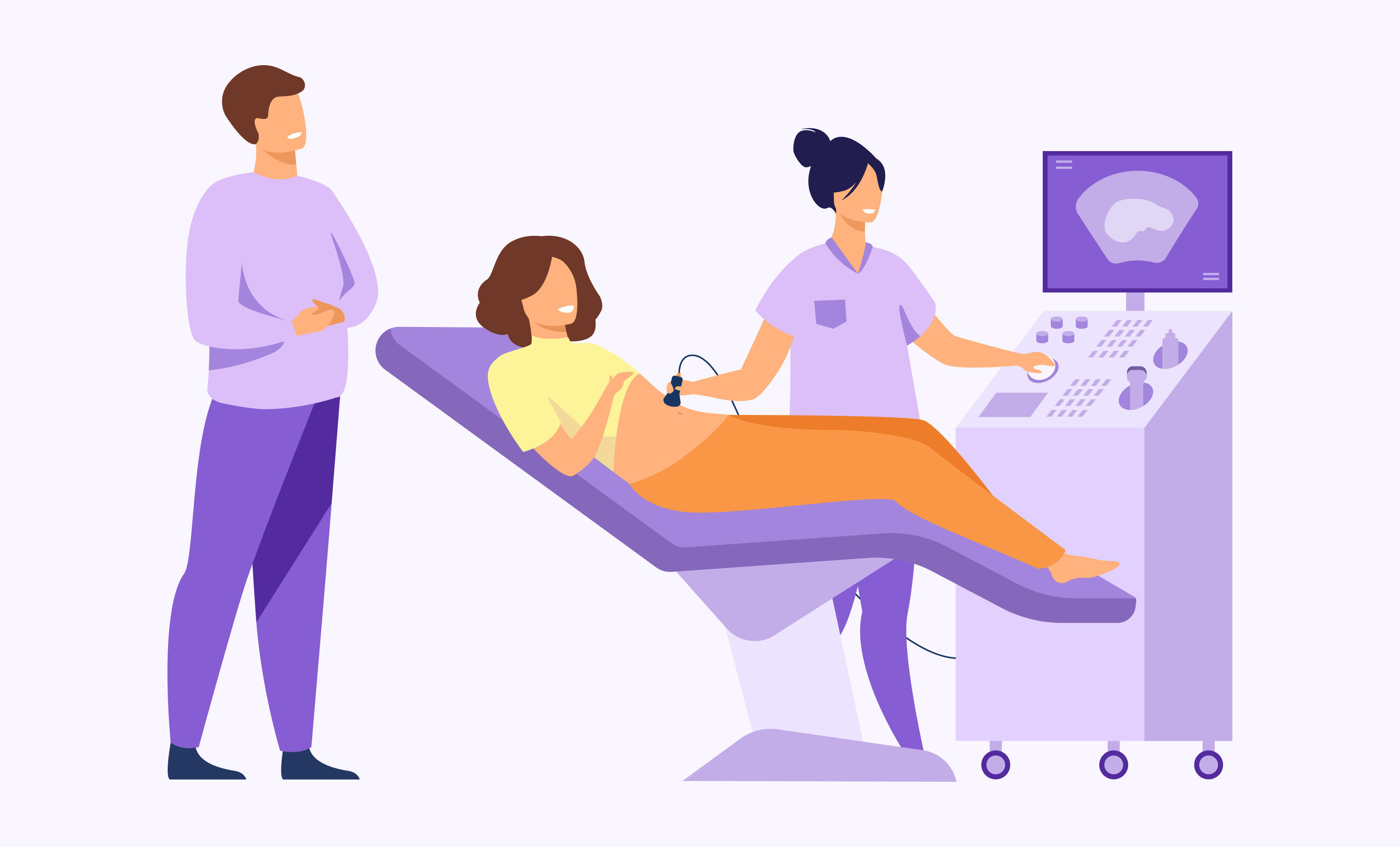
Callbacks aren’t concerning as false positives are more common than you think
Picture this scenario: you book your annual mammogram checkup, at your doctor’s recommendation. The appointment goes smoothly, so you’re confident that everything is fine. But then the results come in, and your doctor says you need additional testing because the radiologist spotted something suspicious. And you start to freak out.
Sound familiar?
False alarms are actually not all that unusual, and in the vast majority, callbacks aren’t anything concerning. According to the American College of Radiology (ACR), the recall rate is 10%, but other studies and doctors suggest the likelihood is higher – up to 50% – on the first mammogram screening. And not just the first mammogram: Experts say that most women who have had annual mammograms over the course of ten years have been called back at least once in that time.
There can be a number of things that affect your chances of getting called back. For one, your mammogram images might be blurry and need to be retaken, as even the slightest movement can cause an unclear image. You might also learn that you have denser breast tissue compared to other women, so another screening is required with the right calibrations to produce a clearer image. Other times, though, the doctor may actually see a mass that resembles a tumor. In those instances, additional tests are needed to determine if it’s cancer or if it’s a cyst – a harmless fluid-filled lump that can go away over time.
So take a nice deep breath; the chances that your doctor diagnoses you with breast cancer from your mammogram is slim – less than 1%. And even if you and your doctor decide that you need to undergo a breast biopsy, 80% of the time those turn out to be benign tumors that never turn into anything life-threatening.
Much like what was discussed in my recent article about prostate cancer screenings, mammograms are good at spotting some irregularities in the breast tissue, but it gives very little information to doctors about whether or not the irregularity is actually cancer, at least not without further testing. Waiting for appointments and the results of any test, not just mammograms, can be frustrating and nerve-wracking. On top of that, a callback is the last thing anyone wants to hear. But the truth is a callback happens more often than most women perceive and it doesn’t necessarily mean you have cancer.
For a lot of women, getting a callback can generate a worst-case scenario and overwhelming anxiety. The emotional consequence can last even after the results are deemed to be a false positive. In many instances, anxiety deters women from attending their next routine screening and/or follow-up appointment. Which, if it actually does turn out to be cancer, will only increase a woman’s health risk and stage level, leading to more intense treatments – like a mastectomy instead of a lumpectomy – or even possibly death.
Skipping your annual mammogram appointments, thus lowering your chances of a false positive, might reduce the anxiety that may come from it, but is risking your life really worth playing that numbers game? Because lowering your chances of getting a false-positive by simply not going to your appointments also lowers your chances of getting a positive when you need it the most – at its earliest stage.
Medical tests can be intimidating, but it is important to stick to those much-needed appointments – your doctor recommends them for a reason. After all, staying on top of what’s going on in your body can only mean one thing: staying on top of your health.
To find a mammogram near you, go to our LabFinder homepage. It’s quick and simple.
LabFinder is a no-cost, online platform for people to easily schedule their medical tests and view results securely. The LabFinder team is passionate about improving the ‘patient and doctor experience’ through better communication, reduce out-of-pocket expenses and making everyone know more about their own medical tests. The mission of LabFinder is simple: we want to be solution to you and get you the test results you deserve so you can make right choices about your health.







LabFinder Team
The LabFinder Editorial Team is behind The Illuminator and The Insider, LabFinder’s consumer and business blogs.
Dr.Robert Segal
Dr. Segal is CEO and co-founder of LabFinder, as well as a board-certified cardiologist. He began practicing medicine in 2002 and has founded several businesses, including Medical Offices of Manhattan and Manhattan Cardiology.